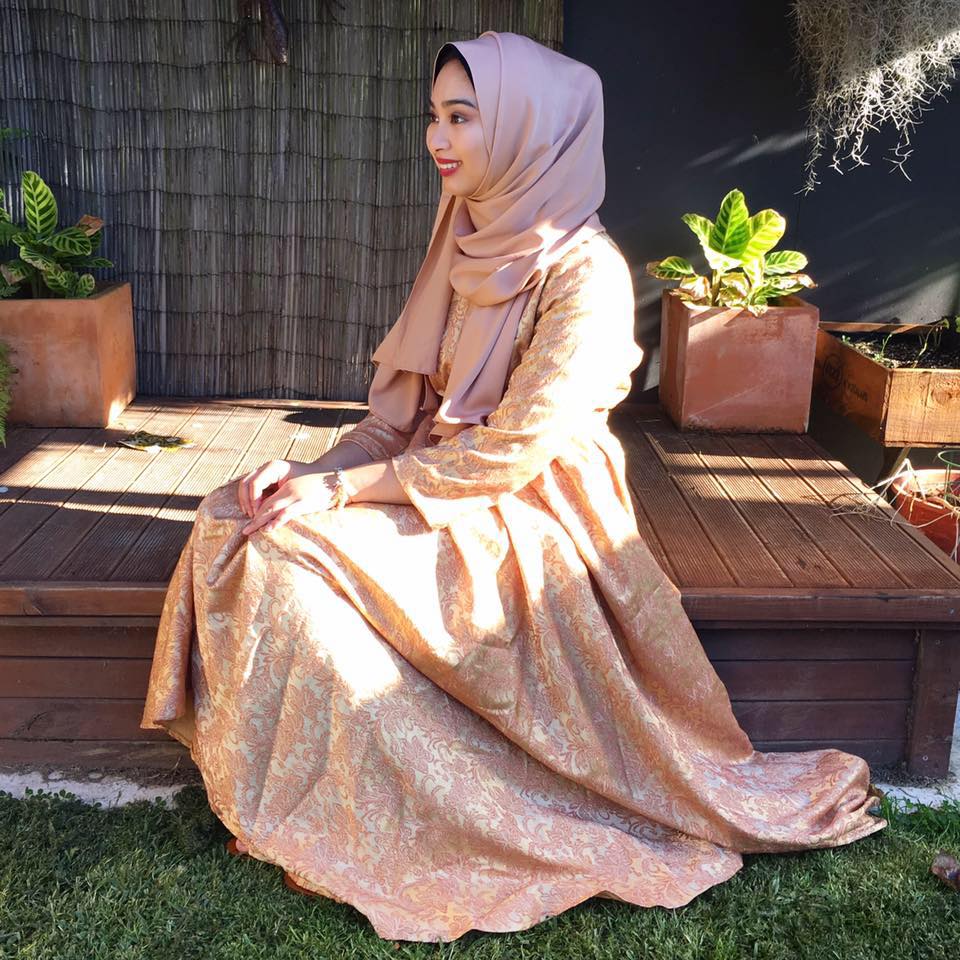Eid or in Malay, Raya, is a religious celebration for Muslims to celebrate the end of the fasting month of Ramadhan. To be quite honest, I still can’t believe that it is Eid already, it felt like yesterday I was in Christchurch where I had my first day of Ramadhan. Nonetheless, I am grateful that Allah has blessed me with another year to fast during Ramadhan so that I can work on my deen (faith). In saying that, I am grateful for all the blessings that God has bestowed on me during the month of Ramadhan as well as the first couple of days of Shawwal (the month where we celebrate Eid).
The first day of Shawwal is Eid al-Fitr which means ‘feast of the breaking of the fast’. It’s no exaggeration that it is a day of feasting. After our morning Eid prayer (which is done on the 1st day of Shawwal), we would host for people to come over and eat as well as celebrate. Normally we celebrate the first three days or sometimes throughout the month of Shawwal. This year my family and I had our morning prayers at Hamilton Gardens where we ended up going to five different houses to eat and then my family hosted one later on during the day as well. Alhamdulillah, my heart, as well as my stomach, was full with a lot of love by the end of the day.
During this religious celebration, mercy, compassion, love and goodwill are some of the virtues that Muslims share not just with Muslims but with everyone from all walks of life. In Malaysia, we normally say “Selamat Hari Raya Maaf Zahir Dan Batin.” which means “Eid Mubarak and please forgive me for any wrong doings.” After the morning prayer, it is a tradition for the children especially to Salaam their parents and ask them forgiveness.
Other traditions include the sighting of the moon the night before to confirm that we can celebrate Eid the next day, preparing for Eid the night before by making traditional meals and sweets (according to one’s own culture), balik kampung (go back to the village of our grandparents), wear traditional or modest clothing and instead of giving presents, we normally give money to children (unfortunately, apparently I am too old for that now).
This year, my mum and I prepared rendang (a dry curry which I must say, was voted the best food in the world), ketupat (cubed rice) with peanut sauce or lontong/sayur lodeh (veggies in a turmeric coconut sauce), lemang (glutinous rice which is traditionally cooked in bamboo) and ayam masak lemak (chicken cooked in coconut cream). Unfortunately, the only raya cookie we managed to make was honey cornflake cookies (if I wasn’t busy with exams and other things we would normally make at least five different types of raya cookies). Nonetheless, I am glad that my family was able to host a feast as I love seeing everyone happy where we also got lit playing uno and singing karaoke of raya and Malay classic songs (not very Islamic but we had a joyous time).
Eid/Raya is a time of joy and happiness and I am grateful to have celebrated with family and friends. Alhamdulillah, although the Malay community in Hamilton is small, the celebration to me was still meriah (exciting), in fact, this year has been one of the best rayas that I have had in a while.
Lastly, please forgive me for anything I have said or done intentionally or unintentionally and I pray for everyone a peaceful Eid where we celebrate with love and compassion. And may God bless us with His love and compassion. Ameen.
